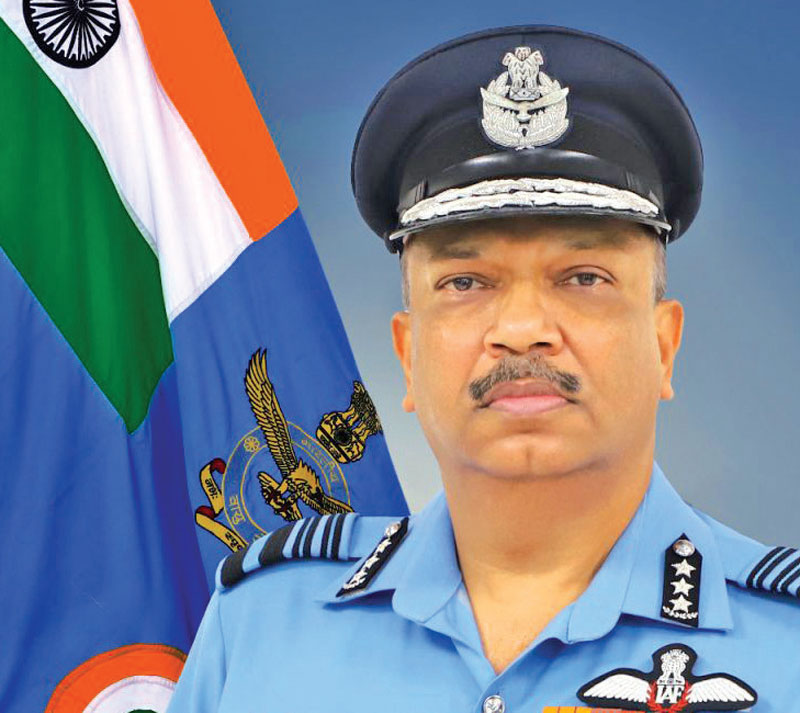The VCAS underscores the importance of space in a recent seminar
Smruti Deshpande
Centre for Air Power Studies (CAPS) organised the Annual Space Security Dialogue on the theme ‘Security in the Changing Space Environment’ on 26 May 2022 in New Delhi.

In his inaugural remarks, Vice Chief of the Air Staff Air Marshal Sandeep Singh while welcoming CAPS’ initiative to hold the ‘Security in the Changing Space Environment’, the first of its kind, said that space systems had become an inherent part of military establishments all over the world.
“Use of space systems and technology has become a part of our lives to such an extent that it has become all-pervasive. Space-based products and services permeate every aspect of civilised life today. Space is increasingly occupying greater space in the security calculus of all nations and that will continue to increase.”
He believes that the space security construct far transcends the basic confines of military usage of space.
Lauding ISRO for its efforts, he said that despite extended technology transfer bans, India had achieved commendable progress in exploiting space technology especially for civilian use. “I think we all owe it to ISRO scientists who made it happen.”
Further, he said, “The military use of space in our country started initially through dual use assets. But in years to come, the three services or nation as a whole, perhaps under the overall coordination of the Defence Space Agency (DSA), will see dedicated satellites for defence use. Another interesting aspect of military space systems or technologies is that they are inherently joint capability assets.” Stressing on it, Air Marshal Sandeep Singh said that when it comes to NAVIC GNSS satellite or GSAT communication satellite as well as other satellites, it is important that there is joint data collection and its analysis. Even more important would be dynamic and responsive data distribution from the space assets.
He added that the national space security policy which was formulated by NSCS needs to be finalised. As the dependence on space systems grows the requirement of protecting India’s space assets will certainly grow and was becoming a great threat. Framing policies is the only way to go about it. Quoting from the draft policy, he said, “In case of an attack on our space asset, the nation should be able to repair, replace, rover and retaliate.” He opined that while it sounded simpler, it was extremely complex and would require a humongous amount of money.
Military space capabilities require great money and a long gestation period and therefore an action long term plan. Resilience of Indian space-based services would be critical even more so in the civil domain. The DSA is formulating a defence space capability development road map 2040.
Speaking about India’s international effort, he said that the country was involved in space dialogue with the US, Japan, France and have started signing MOUs. He said that effort would be to develop something at par with the Space Situational Awareness (SSA).
“I would reiterate that space would play an increasingly important role in any future conflict. Even during peacetime space technology would form an important element of our comprehensive national power and given its importance, there will be an increased geopolitical power play.” He added, “It’s incredible how quickly the space domain, which we all, just a few decades ago used to be amazed at the vastness of it, is today already becoming overcrowded. It’s a challenge and a global security concern.”

